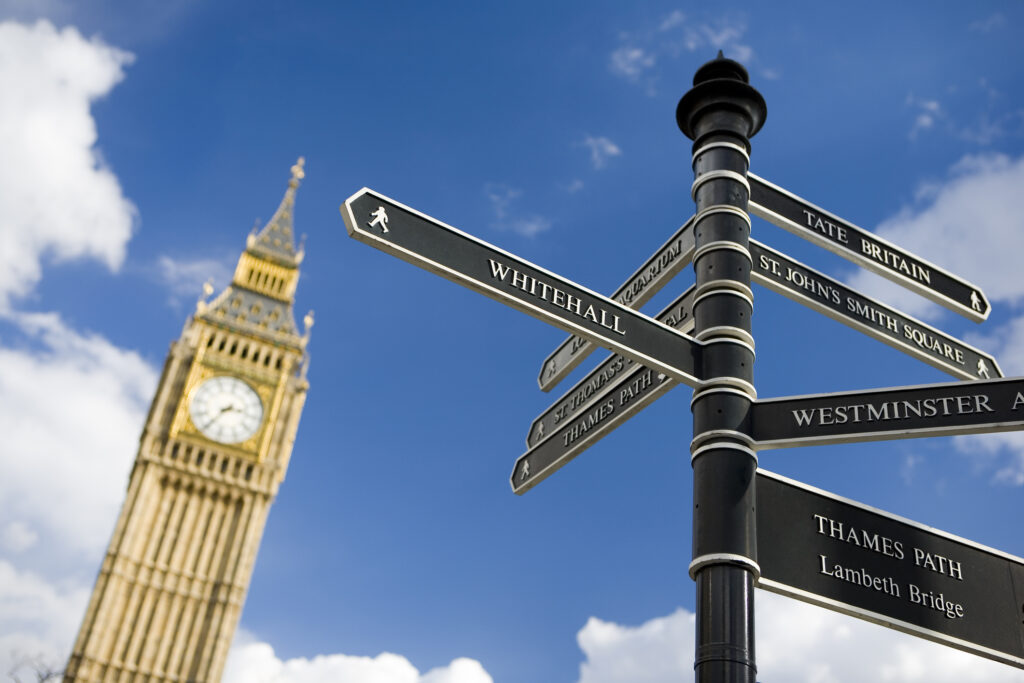Calculations made by HM Treasury of the cost of net zero have been labelled “slightly disturbing” by former leader of the Labour Party and co-chair of IPPR’s Environmental Justice Commission, Ed Miliband.
And Miliband also had words of caution for the next prime minister surrounding the UK’s hosting of next year’s critical COP summit.
Speaking at an event organised by think tank Green Alliance, Miliband, a pivotal figure in the creation and adoption of the Climate Change Act, praised the chair of the BEIS select committee Rachel Reeves for writing to the Treasury looking for detail on how its net zero cost has been calculated, describing what was coming out of the Treasury as “slightly disturbing”.
Whilst the £1 trillion figure calculated by HMT to get to net zero has prompted questions – it being 40% higher than the Committee on Climate Change’s own conclusion – Miliband says it only appears to be a significant cost when taken at face-value.
The sum is actually “an incredibly small amount of money to get to net zero” when considering that the cost is spread over the next 30 years and will only amount to between 1-2% of GDP, Miliband said.
“This is a moment of huge opportunity and we’ve got to seize it”, he continued, adding that the climate movement has “earned the right to be heard, the question is what do we want to say”.
The need for a more local approach to decarbonising heat and transport over the national policy approach that was taken to decarbonise the power sector was also suggested by Leah Davis, senior adviser to the deputy mayor at the Greater London Authority.
Davis said the government needs to “devolve powers to where they’re needed”, which includes individuals and local authorities, as heat and transport are much more reliant on the decisions and engagement of individual consumers.
The comments come on the back of Green Alliance’s ‘Acting on net zero now’ report, setting out steps the government should implement to get back on track with its carbon budgets and reach net zero.
The report echoes the Committee on Climate Change’s recommendations, calling for the 2040 ban on the sale of conventional vehicles to be brought forward to 2030. It also recommends that new routes to market for onshore wind and solar are opened up, with the technologies currently blocked from the Contracts for Difference scheme.
Meanwhile, Miliband also had some cautious words for the next Conservative leader and Prime Minister over the country’s hosting of next year’s COP summit, urging them to shield the organisation team as much as possible from Brexit in order to have the capacity necessary to deliver.
“If we didn’t have Brexit going on, it would require every part of the political and diplomatic muscle of the country that was hosting COP. With Brexit, it’s really tough… whoever the new PM is, it’s going to require assembling a leadership team to be, if you like, as insulated as you can be from Brexit to be spending every waking hour on this.”





